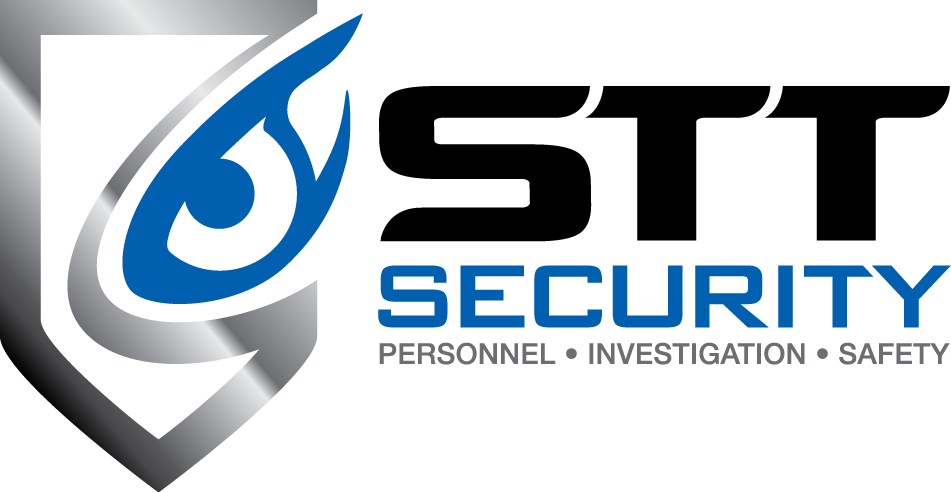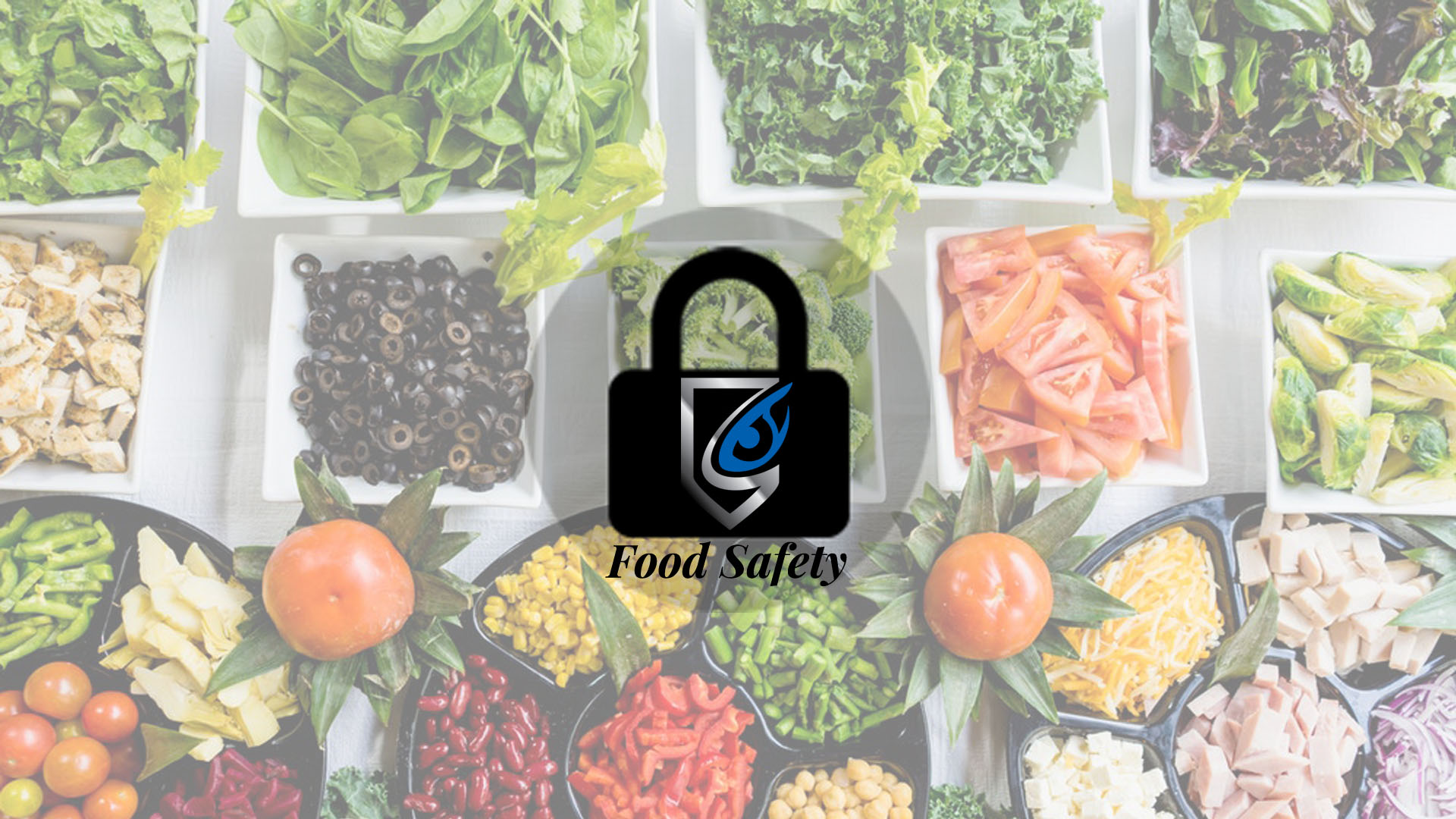Criminal activity in our modern society knows no boundaries. Anything that is mass produced could be a viable target for a terrorist or criminal attack – including our nation’s food supply. The food manufacturing and production industry has felt a heightened sense of risk in recent years, so the FDA has implemented procedures to increase security regarding our food supply.
Food Defense
Food defense was a topic covered in the Food and Drug Administration’s Food Safety Modernization Act (FSMA). Originally approved in 2011, it took nearly five years for the measure to be fully implemented. The key components of the law involve the creation of a new food safety system, broad prevention mandates and accountability, a new system of import oversight, and an emphasis on farm-to-table responsibility. The FSMA was the first time that food defense was addressed; the fear of terrorist attacks on our food supply originated from the September 11th attacks in 2001.
Existing food guidelines from the FDA and the USDA are intended to keep our food safe and edible,
stated Frank Pisciotta and Bill Ramsey in an article for the food and beverage industry.
Frank Pisciotta is the president of Business Production Specialists, Inc. – a security consulting firm that helps clients assess risk, design, and specify and implement the proper state of the art security measures in their facilities.
Bill Ramsey is the corporate security director of McCormick & Co. – an American food company that manufactures, markets, and distributes flavoring products.
But what are we doing to keep production facilities secure? Those who would do America harm will strategically target whatever they can to spread terror in the fastest and most horrific ways possible.
The FSMA defines food defense as the “effort to protect the food supply against international contamination due to sabotage, terrorism, counterfeiting, or other illegal, intentionally harmful means. Potential contaminants include biological, chemical or radiological hazards that are generally not found in foods or their production environment.” The difference between food safety and food defense is intent. Food safety measures focus on the effort to prevent unintentional contamination of food products by agents such as E. coli, Salmonella, or Listeria. Food defense exists to prevent food adulteration with the intent of harming those who consume it.
FSMA
The FSMA was needed for a few different reasons. To begin, high-tech and complex food supply systems have allowed for a greater variety of foods to make it into the marketplace. New hazards in food that were never previously seen also played a part; shifting demographics and a growing population of individuals – nearly 30% – who are at risk for foodborne illness or allergies. Further, globalization has increased the United States’ total imported food supply to an estimated 20% of all food consumed. The FSMA now requires food from abroad to be as safe as domestic foods. The FDA also reserves the right to deny entry if their request for inspection is denied. The act mandates that “importers are now responsible for ensuring that their foreign suppliers have adequate preventative controls in place and can require mandatory certification for high-risk foods.”
Pisciotta and Ramsey claim that food industry executives:
[They] should be prepared to respond to increased government involvement with food defense as a result of the new regulation. For security experts, it will make our jobs even more valuable, especially for those who have food and beverage experience. The bad news is that many food industry executives have a lot on their plates and aren’t familiar with the issues surrounding true food defense.
Food manufacturing companies and processing plants need to conduct a security risk assessment to identify security hazards, as well as adopt security industry best-practice guidance. These guidelines are outlined in the FDA’s “Food Producers, Processors, and Transporters: Food Security Preventive Measures Guidance.”
Hiring a reputable uniformed security firm can help facilitate with the FSMA’s directives of interacting with visitors such as contractors, supplier representatives, delivery drivers, customers and third-party representatives. According to the act, these suggestions include:
- Inspecting incoming and outgoing vehicles, packages and briefcases for suspicious, inappropriate, or unusual items or activity
- Restricting entry to the establishment; for example, checking visitors in and out at security or reception, requiring proof of identity, issuing visitors badges that are collected upon departure, accompanying visitors
- Ensuring that there is a valid reason for the visit before providing access to the facility—being aware of unsolicited visitors
- Verify the identity of unknown visitors
- Restricting food handling and storage areas; for example, accompanying visitors unless they are otherwise specifically authorized
An outside security firm can also aid in the physical security of monitoring perimeter access, accounting for all keys to the establishment, parking enforcement, and ensuring the control of unauthorized vehicles on the premise. Security officers are the first line of defense in protecting these facilities and their assets. Ensuring tampering, break-ins, and other criminal activity is prevented or stopped reinforces the overarching goals of the FSMA.

